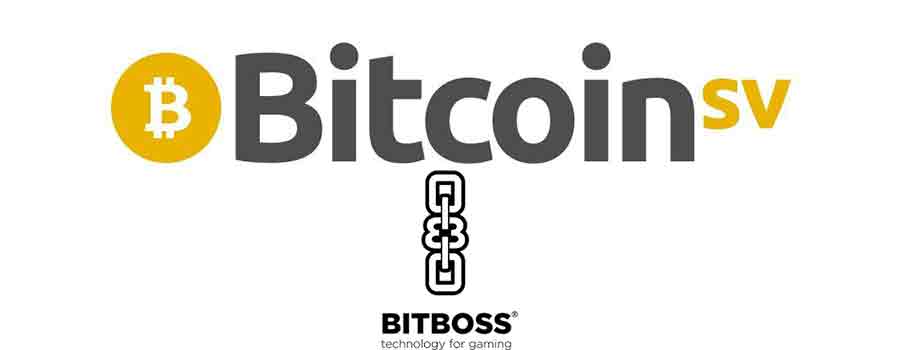The crypto market is quite dynamic and this has been the case for quite some time as the market players strive to push it further. The sector is yet to reach certain heights especially with regards to mainstream adoption. Even so, the evolution and relative maturity of the sector cannot go unnoticed.
2020 has been a tough year in many ways but, as always, nearly all sectors are finding ways of maintaining some level of normalcy. The crypto is one of these sectors – there have been a few notable developments and even more to come.
This month, there are lots of developments that you might need to pay attention to if you have an interest in the sector. Here is a round-up of a few the most notable ones.
The Ethereum 2.0 Upgrade
Ethereum planned to launch its long-awaited Ethereum 2.0 upgrade in the fall, something that could come to pass as early as before the end of September. This upgrade is a pretty big deal not just because Ethereum is one of the most popular digital currencies but also because of all the improvements it will be bringing. There is a major emphasis on security and scalability which are some of the most vital things when it comes to further adoption of the digital currency as well as the related technology.
For Ethereum miners, the upgrade, according to Ethereum 2.0, will mean the reduction of power consumption by up to 99 percent. Needless to say, this is pretty big especially considering the fact that crypto mining uses as much energy as small nations.
Tighter Regulation in South Africa
Crypto enthusiasts and holders in South Africa also need to get ready for stricter taxations if a recent proposal is passed. Just like in many other countries across the globe, South African authorities have had some concerns regarding the use of crypto for tax evasion.
The proposed law simply intends to solve this problem but its effectiveness cannot be determined at this point in time. Still, it is a monumental change that will have far-reaching effects on the crypto sector.
Next-Generation DeFi
Decentralized finance, otherwise referred to as DeFi, has been all the buzz for a better part of 2020. The concept presents crypto users with new opportunities especially with regards to the fact they could earn interest from the digital currencies they may be holding.
Perhaps the most notable name when it comes to the DeFi conversation is Beam. This digital currency has combined DeFi with privacy. An update titles Eager Electron is coming in September and it is set to bring even more improvements.










